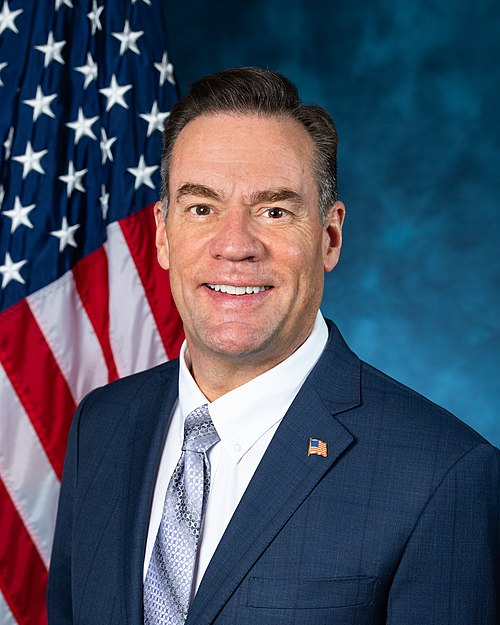H.R. 405: Keep Every Extra Penny Act of 2025
This bill, titled the Keep Every Extra Penny Act of 2025, proposes an amendment to the Internal Revenue Code regarding the taxation of overtime pay. Specifically, it aims to exclude overtime compensation from gross income for federal income tax purposes. Here are the key components of the bill:
Exclusion of Overtime Compensation
The main provision of the bill states that overtime pay, which is mandated under current labor laws, will not be counted as part of an individual's gross income when calculating federal income tax. This change would mean that employees who receive overtime pay would not have to pay taxes on that additional compensation, effectively allowing them to keep more of their earnings.
Legal Basis
This amendment refers to section 7 of the Fair Labor Standards Act of 1938, which sets the standards for overtime work and compensation. By exempting overtime pay from gross income, the bill directly affects how employees' earnings are reported and taxed.
Effective Date
The provisions of the bill, if enacted, would apply to all overtime compensation received after the date when the bill becomes law.
Clerical Amendments
The bill also includes clerical amendments to the tax code, specifically to the table of sections, to reflect the new section regarding overtime compensation.
Potential Impact
By removing overtime compensation from taxable income, the bill aims to provide financial relief to employees who work extra hours beyond their standard work schedules. This could lead to increased take-home pay for many individuals who rely on overtime for additional income.
Additional Considerations
The bill is currently in the introductory stage and has been referred to the House Committee on Ways and Means for further consideration.
Relevant Companies
- AMZN - Amazon.com, Inc.: As a major employer with a significant number of hourly workers, changes to overtime tax regulations could impact worker earnings and the company's payroll expenses.
- UPS - United Parcel Service, Inc.: A company that employs many individuals eligible for overtime, changes in tax treatment could affect labor costs and employee take-home pay.
- F - Ford Motor Company: As an employer in the manufacturing sector that often relies on overtime to meet production demands, the bill could influence employee compensation structures.
This is an AI-generated summary of the bill text. There may be mistakes.
Sponsors
2 bill sponsors
Actions
2 actions
| Date | Action |
|---|---|
| Jan. 15, 2025 | Introduced in House |
| Jan. 15, 2025 | Referred to the House Committee on Ways and Means. |
Corporate Lobbying
0 companies lobbying
None found.
* Note that there can be significant delays in lobbying disclosures, and our data may be incomplete.
















































